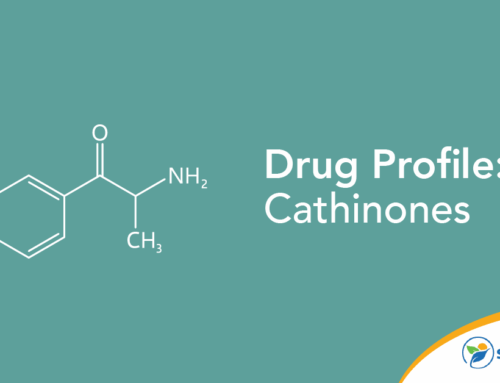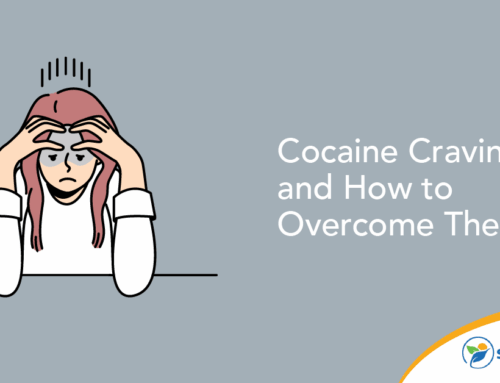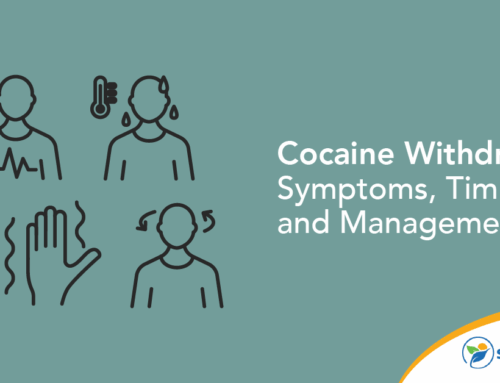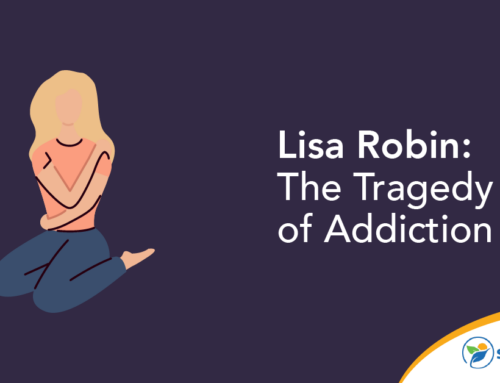In 2021, it was determined by the Centers for Disease Control and Prevention’s (CDC) National Center for Health Statistics that the life expectancy for people in the United States had dropped for the second year in a row. There are several reasons for this drop, and one may be the link between addiction and a shorter life span.
As people become more likely to overdose due to the availability of drugs and other substances, the risk of death increases as well. When fewer people are using drugs or alcohol, the overdoses and deaths decrease, as seen in the data.
Alcohol, drugs and combinations of the two can increase the risk of mortality and lead to shorter life span projections for the entire country. Fortunately, addressing these issues and seeking support for addiction may help reverse this trend.
Addiction and the Correlation With Overdoses
There’s a correlation between the number of overdoses per year and the number of deaths. In 2018, for example, there was a reduction in the total number of drug overdoses, and deaths from them declined as well. That was the first year life expectancy had increased in the five-year period from 2013 to 2018.
In a 2021 report in Annual Reviews, it was pointed out that opioid overdose deaths, suicide, Alzheimer’s disease and homicide were the proximate causes of a decline in the life expectancy of people living in the United States. However, it’s believed that interventions to stem overdoses may help improve mortality rates.
The Spike in Overdoses During the COVID-19 Pandemic
The COVID-19 pandemic was and is a tragic situation that’s led to a significant loss of life due to the COVID-19 virus, its variants and other illnesses or injuries around the country. During the worst of the pandemic, there was an unprecedented increase in the number of overdose deaths as the country went into lockdown.
The CDC reported 91,799 drug overdose deaths in 2020. From March until the end of May that year, stay-at-home orders were in effect and in many regions were mandatory. Of the aforementioned deaths, 563 could be linked to COVID-19-related circumstances.
It’s believed that the combination of staying home with other social consequences, such as depression, health care interruptions and changes in illicit drug supply, potentially led to a greater risk of overdose among those who used drugs.
What Fuels Increased Overdoses?
One of the major reasons for an increase in overdoses is the opioid epidemic. In combination with stay-at-home orders during COVID-19, these two social issues are a driving factor behind opioid overdoses.
As an oversimplification, the opioid epidemic was caused by over-prescribing opioid medications. The use of opioids with a misunderstanding of their addictive nature led to an increase in opioid users and a higher risk of overdoses.
With the stay-at-home orders from the COVID-19 pandemic at play, many people were unable to get the medical care they needed. Some were left to deal with pain or mental health issues at home alone, which led to a greater risk of overdoses and overdose-related deaths.
As a general rule, the higher the opioid dose, the more likely it will be misused and lead to death. For example, doses of greater than 100 morphine milligram equivalents (MME) have more than a two times greater risk of misuse and death.
With opioid use, it’s also important to look at the duration of use, as prolonged use may lead to a greater risk of addiction and behaviors leading to overdose.
The availability of synthetic opioids adds to the risk of overdose, with around 82.3% of overdose deaths linked to the use of synthetic opioids, according to the CDC.
Why Is It Important to Address Issues With Addiction and a Shorter Life Span?
Today, the life span of the average American is only 77.28 years. This is shorter than in 2019 (78.79 years) and 2018 (78.64 years). While the average life span of Americans has trended upwards over time, the sudden drop from the peak life expectancy in 2019 is concerning.
The use of drugs, especially opioids, can negatively influence a person’s life expectancy. When enough people are dying young from drug use, their deaths may also skew the U.S. data projecting life expectancy on the whole.
It’s important to address addiction if you’re dealing with it, because there are steps you can take to get healthier and improve your chances of living a long, happy life. By stopping the use of drugs and alcohol, you can minimize or eliminate the risk of overdose lowering your life span.
A shorter life span and overdose are linked, so your priority should be to seek out help if you’re dealing with addiction or know someone else who is. There are a number of programs that can help you get off drugs or alcohol safely and start focusing on your health.
How does using drugs affect your life span?
- Using a single hit of cocaine reduces your life span by approximately 6.6 hours.
- Using a hit of methamphetamine reduces your life span by up to 9.2 hours.
- Drinking alcohol excessively — even one time — reduces your life expectancy by approximately 6.5 hours.
- Using heroin once reduces your life by around 24 hours.
If you used alcohol every day from the time you turned 18, you could lose up to 13 years off your life. Someone addicted to heroin could lose up to 30 years. Getting off drugs and alcohol can improve your chances of living a healthier life and start to improve your health, reversing at least some of the damage that may have been caused.
Get Help With Addiction at Sunlight Recovery
At Sunlight Recovery, you can get the help you need to overcome addiction and get on the path to recovery. Whether you use opioids, alcohol, stimulants or other substances, you deserve an opportunity to get off them, reduce the risk of overdosing and improve your life expectancy. The right help makes all the difference.







